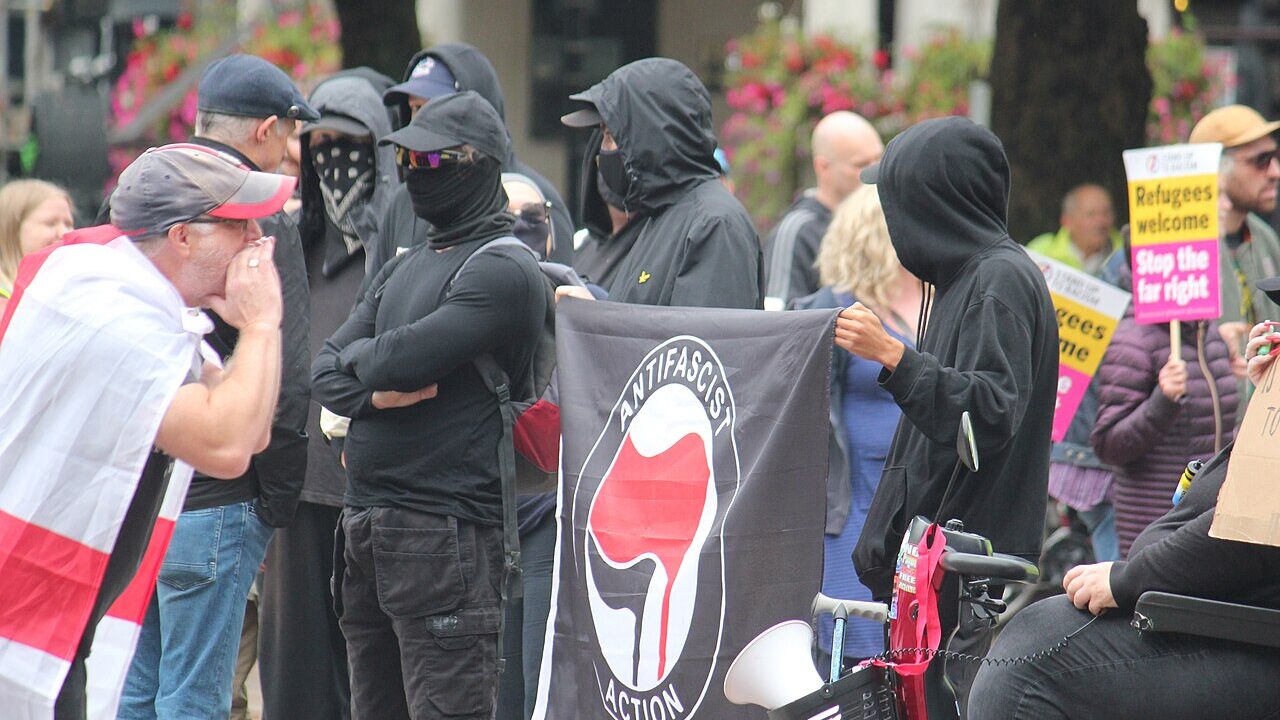President Donald Trump announced on Wednesday that he will designate the group Antifa as a terrorist organization. This declaration comes amid ongoing debates about political violence and the motivations behind recent attacks.
Explainer Charlie Kirk Overview
In a statement, Trump expressed his intent, saying, "I am pleased to inform our many U.S.A Patriots that I am designating ANTIFA as a major terrorist organization. I will also be strongly recommending that those funding ANTIFA be thoroughly investigated in accordance with the highest legal standards and practices."
The announcement follows the assassination of conservative activist Charlie Kirk, allegedly by an individual radicalized by left-wing ideology. Reports indicate that the suspect had engraved bullet casings with phrases associated with anti-fascist sentiments. Critics have pointed to the gaming references in the case, arguing that they detract from the political implications of the attack.
Kyle Shideler, a commentator on political extremism, noted that some online accounts affiliated with Antifa appeared to embrace the shooter as one of their own. He stated, "Clearly, ‘anti-fascists’ saw and understood the reference as an ideological endorsement."
Antifa has been linked to various violent incidents over the years, with a history of confrontations during protests. In July, an alleged Antifa cell reportedly attempted to assassinate police officers outside the Prairieland Detention Center, which was being used by Immigration and Customs Enforcement (ICE). Material found on the suspects included a flag with the slogan "Resist Fascism."
In another incident, rioters associated with Antifa took over a federal building in Portland during protests against ICE. These events have led to calls for accountability and a formal response from government officials.
In Georgia, over 60 individuals were charged in 2023 with domestic terrorism and material support related to Antifa and eco-terrorist activities. This case marked a significant development, as law enforcement successfully traced funding sources linked to violent protests, raiding the Atlanta Solidarity Fund amid allegations of charity fraud.
Supporters of Trump's designation argue that it is a necessary step to address the violence and intimidation associated with Antifa. They contend that recognizing the group as a terrorist organization will help law enforcement take more decisive action against its activities.
However, critics argue that such a designation could further polarize political discourse and may not address the root causes of political violence. Some left-leaning commentators have dismissed the connection between Antifa and the recent assassination, suggesting that the focus on the group is a distraction from broader societal issues.
Trump's decision to formally recognize Antifa as a terrorist organization has sparked renewed discussions about political extremism in the United States. As the country continues to grapple with issues of violence and ideology, the implications of this designation remain to be seen.
Why it matters
- Trump's designation of Antifa as a terrorist organization escalates the debate on political violence in the U.S.
- The announcement follows a high-profile assassination linked to left-wing ideology, raising concerns about radicalization.
- Supporters believe this move will empower law enforcement to combat Antifa-related violence more effectively.
- Critics warn that the designation could deepen political divides and distract from broader societal issues.
What’s next
- Investigations into funding sources for Antifa are expected to intensify following Trump's announcement.
- Calls for accountability from government officials may lead to new legislative measures regarding domestic terrorism.
- Upcoming discussions on political extremism are likely to focus on the implications of this designation.

